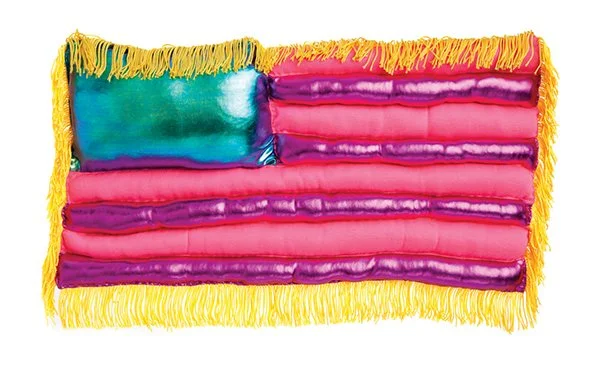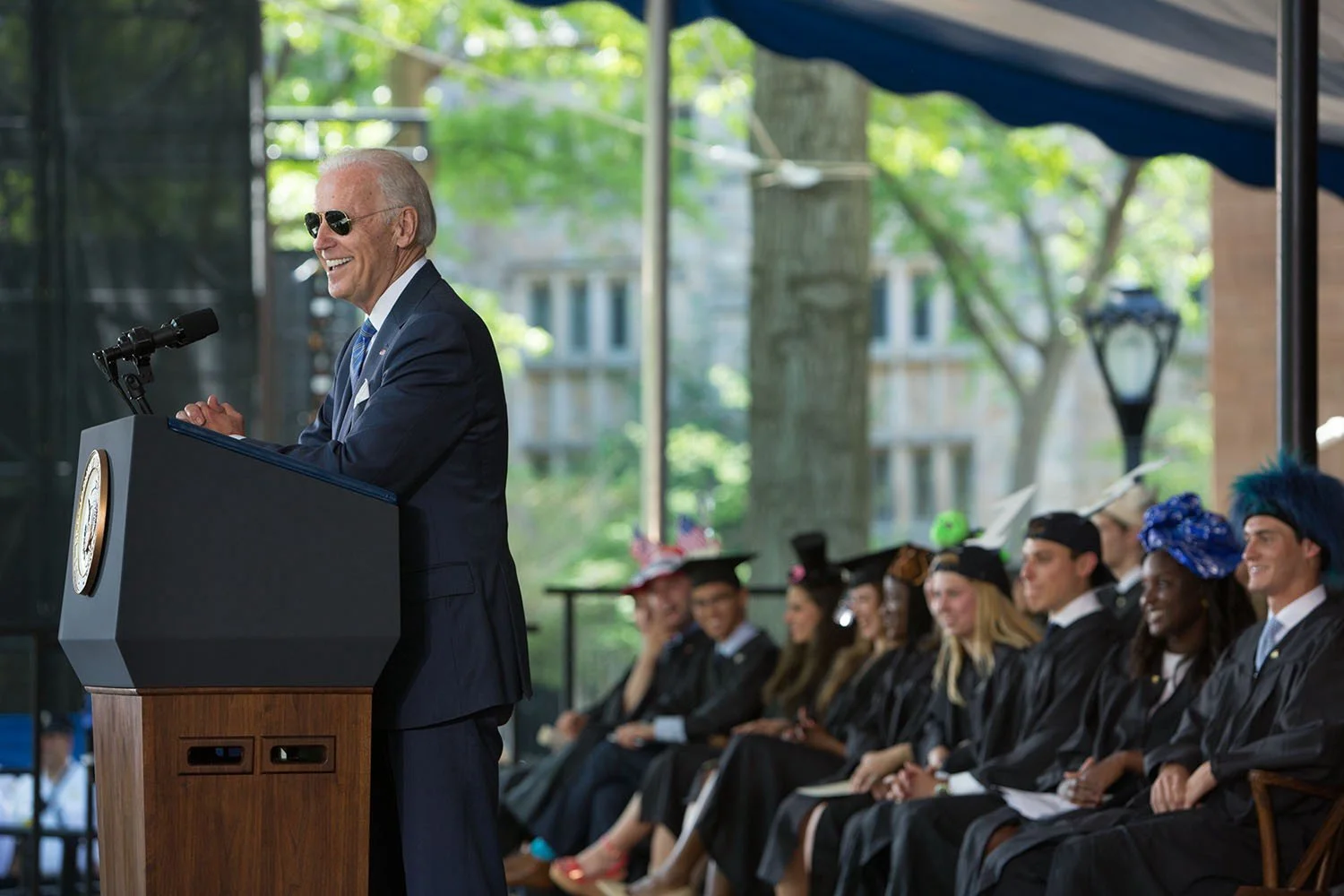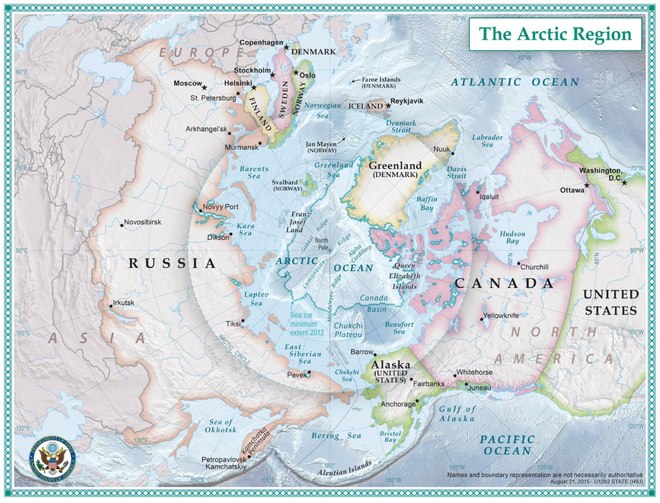The Providence Committee on Foreign Relations’ (thepcfr.org; pcfremail@gmail.com) next dinner speaker, on Wednesday, Feb. 5, will be the internationally known science journalist, book author and coastal-erosion expert Cornelia Dean. With reference to sea-level rise caused by global warming, she’ll talk about geo-engineering -- the use of engineering techniques to alter Earth’s climate.
Some geo-engineering strategies are (relatively) uncontroversial, such as removing CO2 from the atmosphere. And some are controversial, such as seeding iron-poor ocean areas with iron to encourage plankton growth, the consequences of which are unknown and potentially unpleasant.
And consider the techniques known collectively as Solar Radiation Management. They include deliberate cloud-thinning, seeding the atmosphere with aerosols to make the planet more reflective, stationing mirrors in stationary orbit between Earth and the Sun, etc.
Cornelia Dean, a science writer and the former science editor of The New York Times, as well as a former deputy Washington Bureau chief of that paper, is well known for her knowledge of coastal-erosion issues as well as other scientific matters.
In her tenure running The Times’s science-news department, members of its staff won every major journalism prize as well as the Lasker Award for public service. She began her newspaper career at The Providence Journal. Her first book, Against the Tide: The Battle for America’s Beaches, was published in 1999 and was a New York Times Notable Book of the year. Her guide to researchers on communicating with the public, Am I Making Myself Clear?, was published in 2009. Her most recent (2017) book is Making Sense of Science: Separating Substance from Spin.
She has taught at Brown and Harvard and lectured in many other places, too
Please let us know if you're coming to the Feb 5. event by registering on our Web site, thepcfr.org, or emailing us at pcfremail@gmail.com. You may also call (401) 523-3957.
Joining the PCFR is simple and the dues very reasonable. Please check the organization’s Web site – thepcfr.org – email pcfremail@gmail.com and/or call (401) 523-3957 with any questions.
All dinners are held at the Hope Club, 6 Benevolent St., Providence. They begin with drinks at 6, dinner by about 6:40, the talk -- usually around 35-40 minutes – starts by dessert, followed by a Q&A. The evening, except for those who may want to repair to the Hope Club’s lovely bar for a nightcap, ends no later than 9 p.m.
xxx
And for the rest of the PCFR season, subject to the vagaries of weather, flu epidemics, cyberattacks and so on:
On March 18 comes Stephen Wellmeier, managing director of Poseidon Expeditions. He’ll talk about the future of adventure travel and especially about Antarctica, and its strange legal status.
xxx
News to come soon about an April 8 speaker, who will probably be an expert on the unrest in Hong Kong, and what it means for China and the world.
xxx
On Wednesday, April 29 comes Trita Parsi, founder and current president of the National Iranian American Council, author of Treacherous Alliance and A Single Roll of the Dice. He regularly writes articles and appears on TV to comment on foreign policy. He, of course, has a lot to say about U.S. Iranian relations.
xxx
On Wednesday, May 6, we’ll welcome Serenella Sferza, a political scientist and co-director of the program on Italy at MIT’s Center for International Studies, who will talk about the rise of right-wing populism and other developments in her native home of Italy.
She has taught at several U.S. and European universities, and published numerous articles on European politics. Serenella's an affiliate at the Harvard De Gunzburg Center for European Studies and holds the title of Cavaliere of the Ordine della Stella d'Italia conferred by decree of the President of the Republic for the preservation and promotion of national prestige abroad.
xxx
On Wednesday June 10, the speaker will be Dr. Elizabeth H. Prodromou, who directs the Initiative on Religion, Law, and Diplomacy, and is visiting associate professor of conflict resolution, at The Fletcher School of Law and Diplomacy at Tufts University. She titles her talk "God, Soft Power, and Geopolitics: Religion as a Tool for Conflict Prevention/Generation". She was originally scheduled for Dec. 5 but had to postpone because of illness.




































